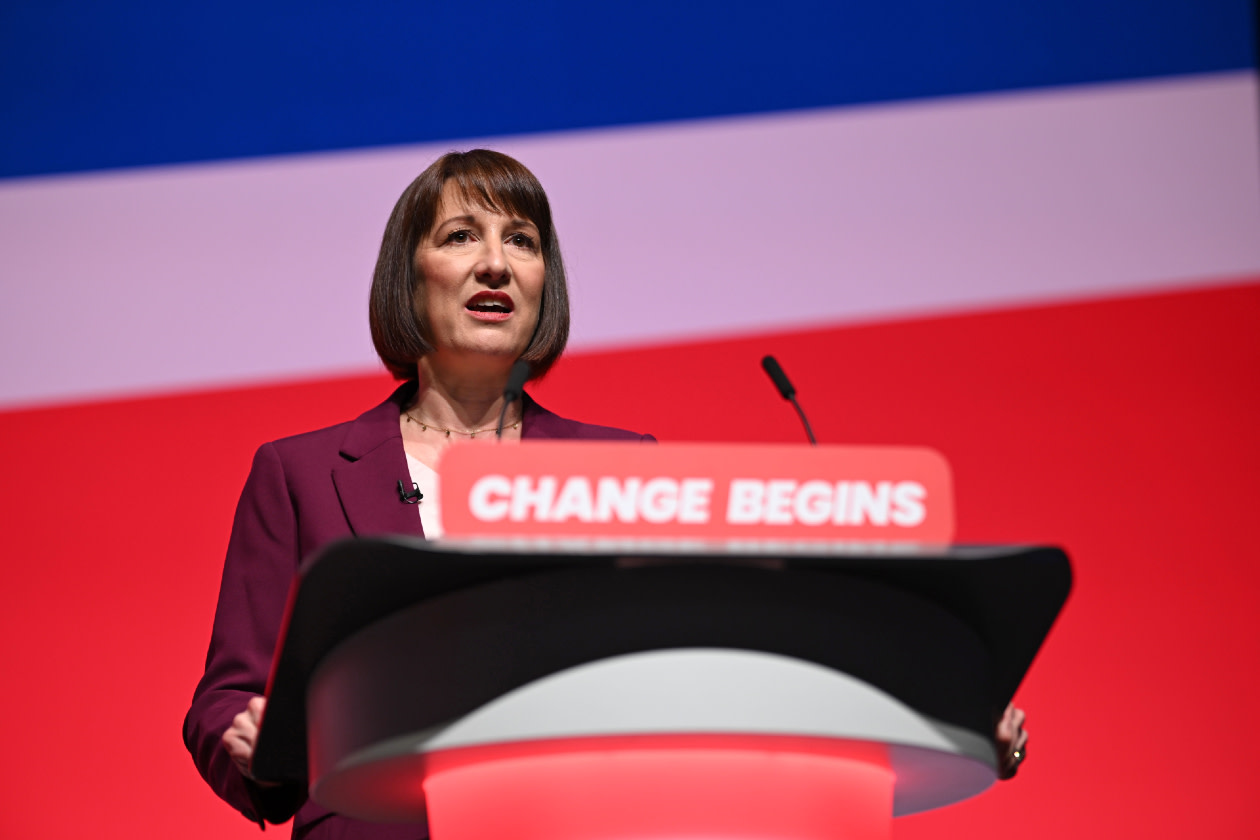Voters have broadly accepted that the £40bn in tax rises in Rachel Reeves’s first budget are “necessary” to improve public services, despite the majority expecting to be worse off as a result, according to research.
The chancellor announced in October a package of tax increases in order to fund investment in public services, particularly the NHS and schools – with the largest revenue-raiser a £25bn increase in employer national insurance contributions (NICs).
In a survey of 5,800 voters, carried out by academics at the University of Bristol, 48% of respondents thought the tax rises were “necessary”, 18% were neutral, 24% thought them “unnecessary”, and 10% said they did not know.
Mubin Haq, the chief executive of the abrdn Financial Fairness Trust, which commissioned the research, said: “People are willing to pay more in tax if that means improvements to public services. They recognise that our schools, hospitals and other essential services are under huge strain and in need of investment.”
Support for the tax increases came despite more than half of those surveyed (57%) expecting to be worse off as a result.
Older voters were more likely to believe that they would be negatively affected, presumably because of Reeves’s controversial decision to remove the winter fuel allowance from the vast majority of pensioners.
Not surprisingly, the public’s views on the tax increases varied significantly by political party preference. Just 29% of Reform UK voters felt they were necessary, against 65% of Labour voters.
Labour had left itself with few options for raising significant revenue, after promising in its general election manifesto not to put up rates of income tax, VAT or national insurance.
As well as increasing employer NICs from next April, Reeves announced a series of smaller measures, including inheritance tax on farms; and charging VAT on private school fees.
Researchers asked voters their views on each of these specific measures. Raising more inheritance tax, including on farmland, was the least popular, opposed by 45% of respondents, against 22% who approved of the idea.
Last month, farmers marched on Westminster to protest against the rule change, which will levy 20% inheritance tax on the most valuable estates.
By contrast, more than half of those polled (51%) approved of putting VAT on school fees, while 21% objected.
Reeves sought to reassure business leaders at the recent CBI conference that she was “not coming back with more borrowing or more taxes” after many expressed concern about the NICs increase.
But some analysts, including the Institute for Fiscal Studies (IFS) thinktank, have suggested the chancellor may need to make further tax increases before the end of the parliament to avoid a squeeze on some departments’ budgets.
Reeves promised to wield an “iron fist” against government waste, as she launched the Treasury’s spending review last week, which will set Whitehall budgets until the end of the parliament.
The voter survey results suggested there was little support for future tax increases. The least popular idea was pushing up council tax, which was supported by 12% of respondents, while the most acceptable was increasing taxes on unhealthy habits such as cigarettes and alcohol.
Prof Sharon Collard, chair in personal finance at the University of Bristol, who carried out the research, said: “While our data suggests that the public are rarely enthusiastic about increased taxes – and would generally prefer them to be paid by someone else – it does show that there is some awareness of the need for investment in public services and the trade-offs inherent in policymaking.”
She added: “Those in positions of power should continue to explore ways to better communicate the complexities of decisions that are taken.”
This article was written by Heather Stewart from The Guardian and was legally licensed through the DiveMarketplace by Industry Dive. Please direct all licensing questions to legal@industrydive.com.
Article image credit: Leon Neal, Getty images

